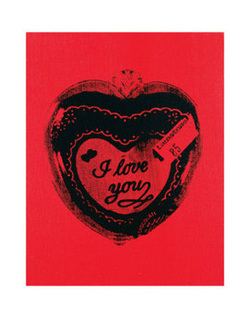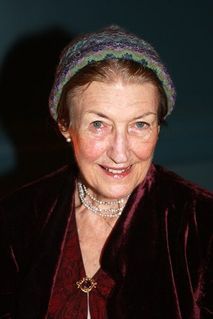
It’s hard, being told you lack “heart.” The terminology is off. We tend to equate “heart” with “human-ness.” Who wants to be told they lack human-ness?
It’s not like I go out of the way to create narratives and characters that lack emotional resonance. The stories I write come at me organically, incorporating all that I’m thinking about and feeling at a given moment. As whacked-out strange as some can be, they all ring “true” and honest to me.
And yes, I try to craft characters that readers might be able to connect with.
A dear friend tells me that every time she publishes one of her stories, she’s inundated with emails sent by total strangers telling her how much they responded to her words. It’s painful to admit how few times this has happened to me.
Sometimes I worry about myself. It’s maddening. What resonates for me is greeted with indifference by others. I wonder if I experience the world in a fundamentally different way from everyone else—meaning, maybe it’s impossible for me to ever display the kind of heart some readers seek.
Or, as John Lennon sang, "No one I think is in my tree."
Luckily, calmer moments fill most of my days.
I remind myself that emotional resonance and mimetic realism are not foremost on my list of objectives. Instead, I try to engage readers through humor and absurdist elements.
Still, it bothers me: everyone telling me that what they want to see is “heart.”
~~~

Realism attempts to create a known world, one in which the reader has already learned to navigate in whole or part through their various belief systems and prejudices. Readers wade into these known worlds, positioning themselves morally and politically exactly as they might in their own “real” worlds.
Satire presents a slightly deformed world. Qualities and beliefs that the writer questions are brought to the foreground and accentuated. In this uncertain, slightly off-balanced world, readers become less sure about their moral and political postures. Ideally, the will to judge (i.e., the employment of belief systems and prejudices) becomes secondary to their desire to explore the satirized world and its ramifications.
Absurdism, which presents an even more deformed world, has the potential to raise deeper questions. While satire may question the particular beliefs of a particular government official on a particular policy, Absurdism questions the legitimacy of socioeconomic, political, and spiritual belief systems.
“Autonomy” from the strictly real, according to Milan Kundera in The Art of The Novel, “allowed Franz Kafka to say things about our human condition… that no social or political thought could ever tell us.”
While good realistic fiction may prompt readers to question their beliefs by the time they finish a given work, good Absurdist fiction will prompt readers to suspend or question their beliefs in the opening pages.
No one however reads the Absurd for its emotional resonances.
The less recognizable “human” or “real” characters and situations become (i.e., the less familiar they are), the less emotionally invested readers become. Readers are not apt to emotionally identify with deformed characters.
~~~
While preparing my earlier post on reviews, I stumbled upon John Updike’s “rules” for writing book review. First on his list is, “Try to understand what the author wished to do, and do not blame him for not achieving what he did not attempt.”
It’s debatable, of course, whether a reviewer can rightly know an author’s intentions, but it’s safe to say that not every writer is primarily interested in “heart” (has anyone ever really defined this term?) and emotional resonance.
So why must everything still be judged by ♥?
 RSS Feed
RSS Feed
